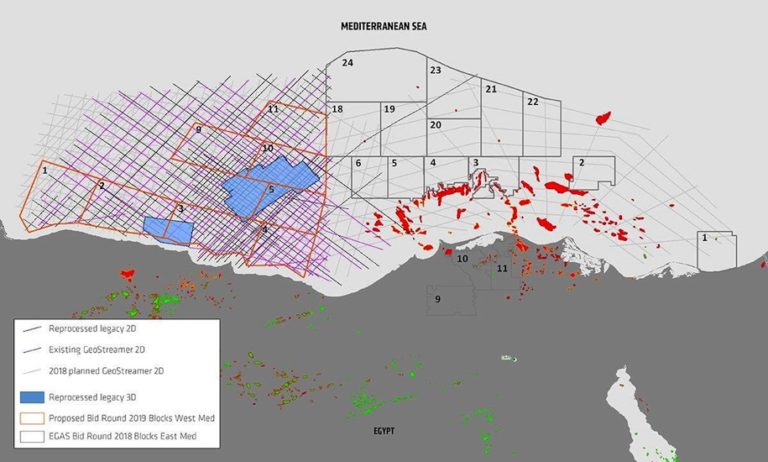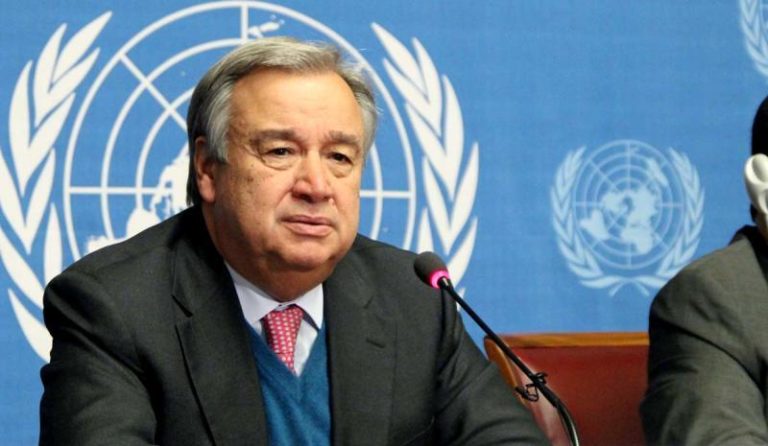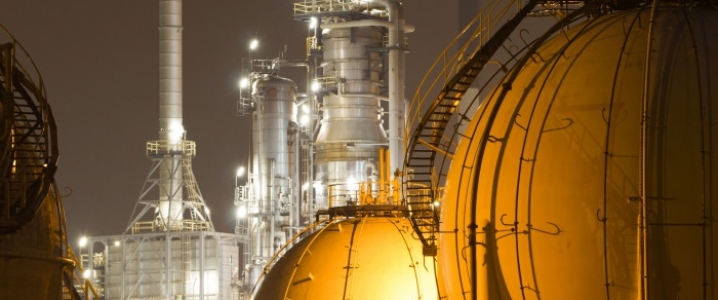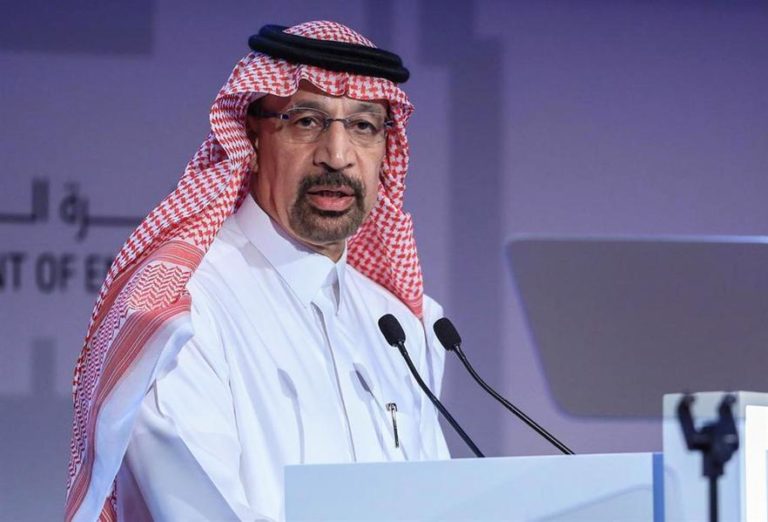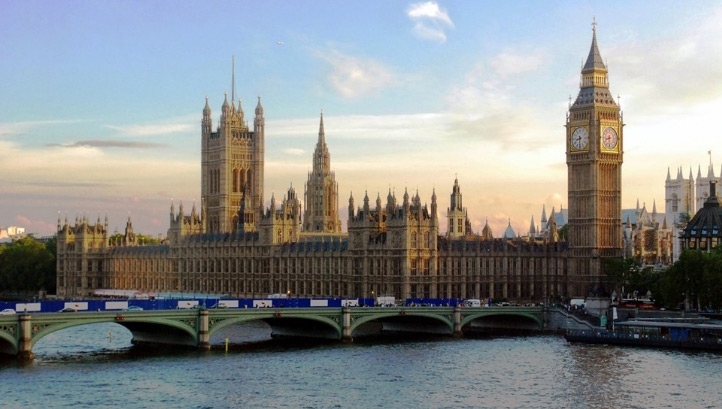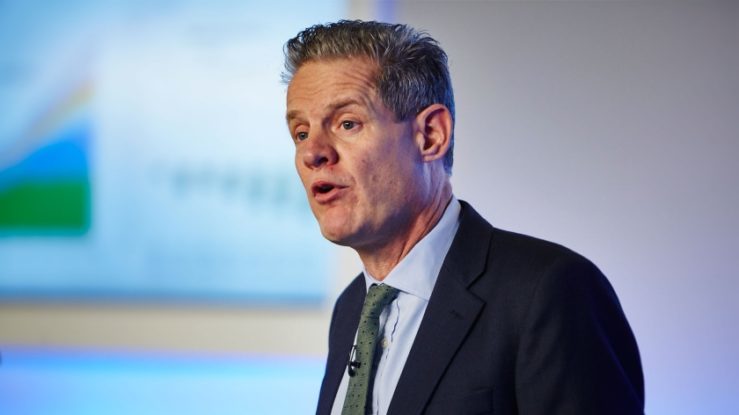The Oil & Gas industry is synonymous with the word ‘extreme’ but in many ways that term doesn’t translate well when it comes to keeping up with the latest of technology trends.
While the environments that the energy industry operate in might be considered so, the ability to tap into emerging trends is on the opposite side of the spectrum compared to other industries like Manufacturing.
So what should the oil and gas and energy industries be looking toward in the future to maintain its own extreme, competitive advantage?
Internet of Things (IOT) and Edge Computing – Connecting the Sea for Extreme Operational Efficiency
An industry buzzword that’s been around for a while now. IOT is picking up pace with the interest from the energy sector as it looks to harness data from an array of sensors whether from tidal, wind, or traditional oil and gas pipelines.
The attraction of receiving real-time, operational data from machines and large, inaccessible equipment is huge as companies seek to minimise or predict failure, and maximise efficiencies and uptime.
But let’s scrutinise the promise of IOT further, because it’s not as easy as it appears to extract the value required.
For example, there are approximately 3,500,000km of pipeline across the World on and offshore. Beneath the waves an estimated 70% are already at or beyond design life.
While on land both WiFi and 5G are touted as the standard for connecting IOT-enabled devices, and for harvesting data in real-time the reality facing the energy industry is that 70% of the World’s surface is water, and those technologies don’t work subsurface which would enable the internet of things in the extreme environments they operate in.
This applies for smart cities also where existing infrastructure is buried below ground.
Asset integrity management is a big concern for the oil industry today as costs soar towards an asset’s end of life while production declines, and this doesn’t take into account the reputational cost and damage of having a major failure subsea, the environmental impact and costs associated with loss of production and revenue.
Many installations are in late life but with little understanding of actual pipeline condition and integrity meaning a loss in revenue and production if longevity cannot be extended.
This is a critical use case of IOT technology, especially Subsea Internet of Things where the retrofitting of wireless monitoring devices and sensors can greatly increase the amount of data required for effective decision making at this level; data including pressure, temperature, fatigue, corrosion, and vibration and flow from sensors which form part of an Edge network of devices which can not only communicate with each other in real-time but offer analytical capabilities meaning the cost of data transfer from thousands of meters below the surface is greatly reduced for efficiency.
Blockchain – Asset Management taken to the Extreme
Asset integrity is only one key aspect of maintaining an efficient, productive and compliant energy network. Asset management at this scale is a headache for many engineers, CTOs and CFOs responsible for production.
How can you track thousands of components, their lifespans, their repairs and replacements, the costs associated and third party invoices effectively and in a way which can’t be altered or mismanaged?
Blockchain offers an answer. Although the underlying aspect of Blockchain is purely a distributed ledger and therefore a backbone infrastructure technology (and in reality, very boring) the fact that an asset’s lifecycle, service and test records can be recorded and traced on blockchain offers greatly enhanced transparency and auditability.
If a critical component is purchased, everything about that item has already been recorded, from the materials used, their original source, down to who manufactured it, and who signed off on the quality testing.
From that point on, where the part is used, what it is used for, when it was operational, any failures recorded, any repairs recorded, to its eventual decommissioning is stored on the digital ledger, completely immutable to change or alteration.
Digital Twins – Using IOT and Real-Time Data for Extreme Visualisation
The concept of a Digital Twin along with the Internet of Things again is not a new concept. A Digital Twin refers to the digital replica of physical assets (physical twin), processes, people, places, systems and devices that can be used for various purposes.
The digital representation provides both the elements and the dynamics of how an Internet of things device operates and lives throughout its life cycle.
The idea of creating a digital representation of an asset or device combined with the real-time sensor data can be extremely inviting for many industries and the energy sector is no exception.
Being able to visualise an entire installation, down to pumps, motors, pipes, valves, compressors, turbines and much more, along with real-time data associated with their operation can be an engineer’s dream however the balance in question is being able to receive that information at critical moments in a timely and meaningful way.
This is fine for where remedial work or understanding the behaviour of a component or machine where time is not critical is perfect for the application of this technology.
Walking through the exploded view of a huge turbine using virtual or augmented reality works very well in scenarios where there are no time constraints.
But every engineer knows that you simply can’t beat being presented with a dashboard in real-time.
For all new technologies, context is absolutely key in the correct implementation and the energy sector is no exception to this rule.
However, many Digital Twin initiatives fall short simply because they do not take into account subsea infrastructure, and operational decisions are being based on only half the picture.
Remember to take into account real-time data from your offshore structures.
Virtual/ Augmented Reality – Bringing Data Closer to the User in Extreme Conditions
Imagine being able to walk through a pipeline installation without physically being there.
Imagine being able to walk through a huge wind turbine and all its internal components and seeing them operate in real-time.
Imagine being a diver meters below the surface of the ocean, and having information relayed and overlaid in real-time via your mask or helmet from wireless sensors instead of holding a display and attaching it to a wired sensor installation.
Imagine this same capability for an ROV operator and control screen.
All this is possible with augmented and virtual reality. While the technology itself struggles to find a foothold in the real world of the consumer, on an industrial scale it is flourishing as it finds new ways to present information to a user that frees their capacity to do other tasks, or instructs them on how to repair or monitor complex machinery in extreme conditions without the need for manuals or guides.
Artificial Intelligence – Extreme decision making made possible
No industry can escape the rise of the machines, or the capabilities that machine learning and advanced algorithms can bring to automating decision making and making sense of petabytes of data in an instant.
As time becomes as much a critical commodity as revenue, A.I. can aid in the analysis of real-time energy production and asset lifecycles, GIS data for site planning, aiding in faster operational decision making, invoicing and order to cash automation, predictive maintenance of assets and the planning of repairs with minimal interruption to production, automation of ROV equipment without the need for operators, the list can be endless if applied correctly.
Again, it’s key here to reiterate that this trend goes hand in hand with edge computing, and the movement and processing of data and critical information at the source (in most cases, at sensor level) rather than at the datawarehouse will become the norm and most efficient method of implementation in the future.
What we must bear in mind is that A.I. is nothing more than algorithms that can learn from their inputs and adapt, and for that to happen it needs to be given the right data to make those decisions in the types of scenarios listed.
The oil and gas industry has a big task ahead before thinking about the implementation of machine learning solutions; how can it get that data out from installations and equipment in extreme conditions such as subsea locations?
What data is absolutely critical to make an A.I. solution viable and is it available? How ‘clean’ is that data the organisation holds? The old saying ‘Garbage In/ Garbage Out’ has never been truer than today when discussing the potential of A.I.
There we have it, 5 extreme trends for the next 5 years to think about. But perhaps there is a sixth trend when you consider all five at once, because in combination they are extremely powerful and interconnected, and every one is about the underlying value that can be extracted from the data generated by the business.
And they do say that ‘data’ is the new oil after all….
Theo Priestley is the Chief Marketing Officer at WFS Technologies, and a world renowned technology futurist.
